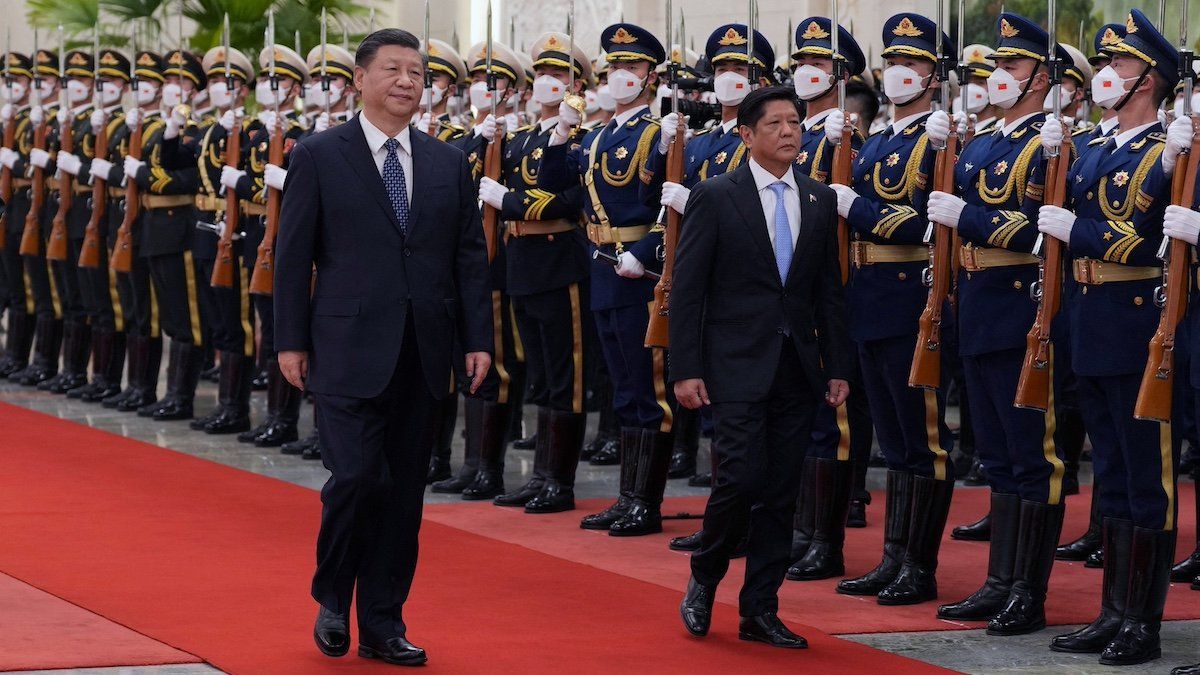I know when that hotline bling, that can only mean one thing: Beijing and Manila are beefing over uninhabitable rocks again. China and the Philippines have reportedly set up a bilateral hotline meant to help them avoid a deadly incident in the disputed South China Sea.
The effort to improve communications follows a particularly violentconfrontation on June 17, when Chinese sailors surrounded and boarded Filipino vessels wielding bladed weapons. One Filipino sailor lost his finger, and the fear is that should someone lose their life, Manila could activate its mutual defense treaty with the United States.
The Biden administration has struck a nuanced position, assuring Manila that it would honor the treaty fully while also attempting to signal to China that they aren’t handing out carte blanche to the Philippines. Eurasia Group’s Jeremy Chan says proactive communication after the June 17 incident has helped lower the temperature.
“Beijing interpreted the June 28 call between Deputy Secretary of State Kurt Campbell and China's Vice Foreign Minister Ma Zhaoxu in particular as a clear signal that Washington does not support Manila in pushing its territorial claims too aggressively,” he said.
Being able to quickly pick up the phone and talk through future incidents is a useful pressure release valve, but longer term, the South China Sea and the shoals used to mark de facto control will remain a tension point. We are watching how it will affect US and Chinese efforts to stabilize their own relationship.
